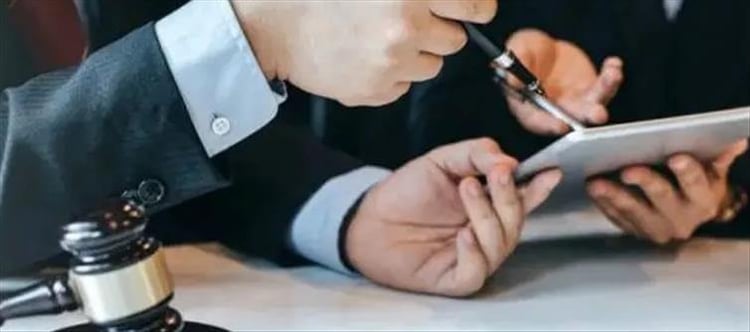
Many non-profits lack the funding and legal resources necessary to manage the H1B application process, in contrast to the tech sector. This makes it more difficult for professionals with foreign training to establish themselves. On the other hand, some organizations offer routes. Legal clinics and human rights programs run by universities and law schools benefit from worldwide experience. They can sponsor visas whenever they want because they are free from the cap.
Legal researchers and analysts are also employed by advocacy organizations and policy think tanks. Sponsorship is made easier by the fact that some of them fall within the cap-exempt category. Jobs sponsored by nonprofit organizations for H1B visas are not usually advertised. Although the majority of organizations do not advertise H1B sponsorships, this does not mean that they will not offer them. Making connections is essential. Opportunities that might not be listed on employment sites can be found through personal connections with industry professionals.




 click and follow Indiaherald WhatsApp channel
click and follow Indiaherald WhatsApp channel